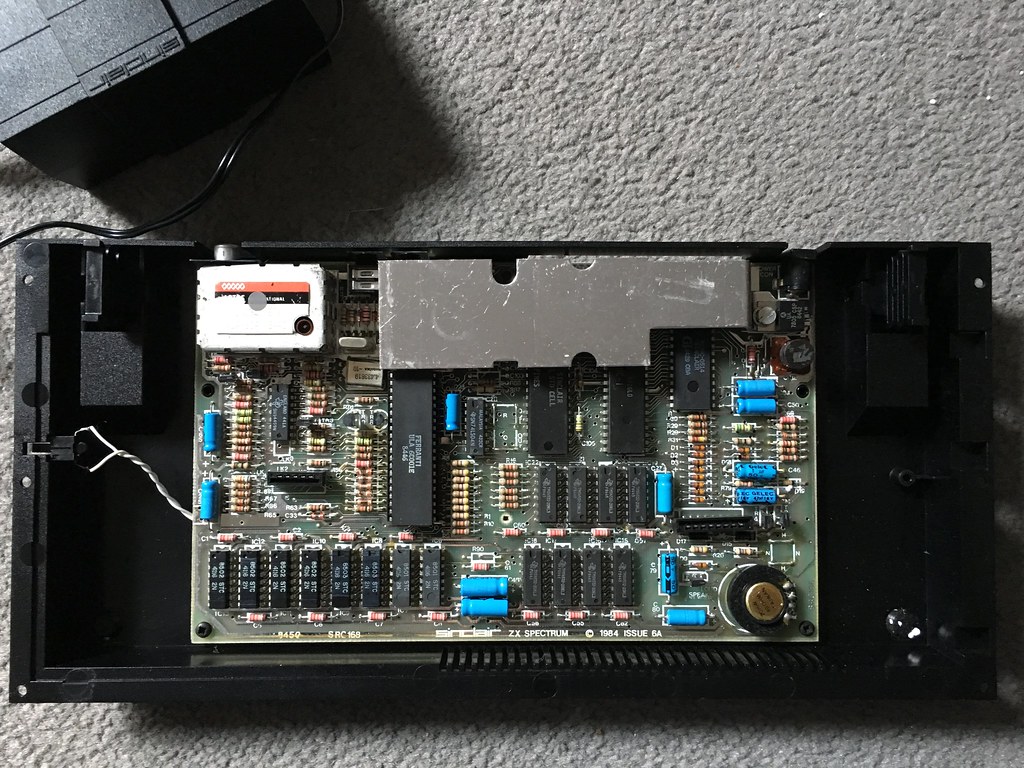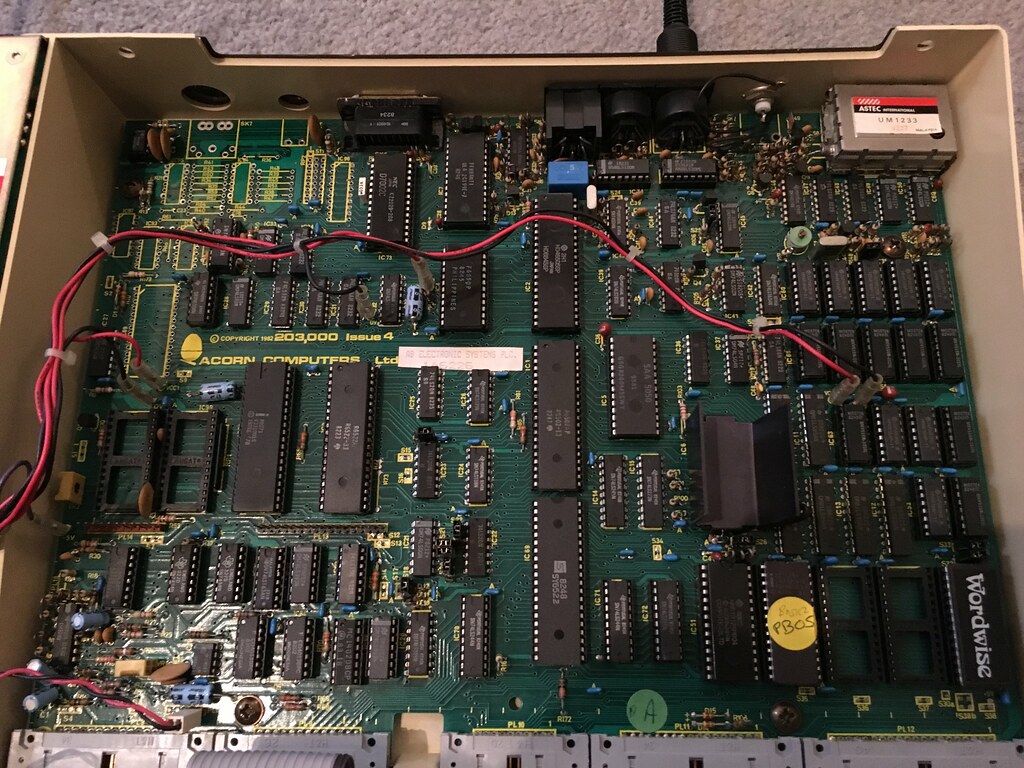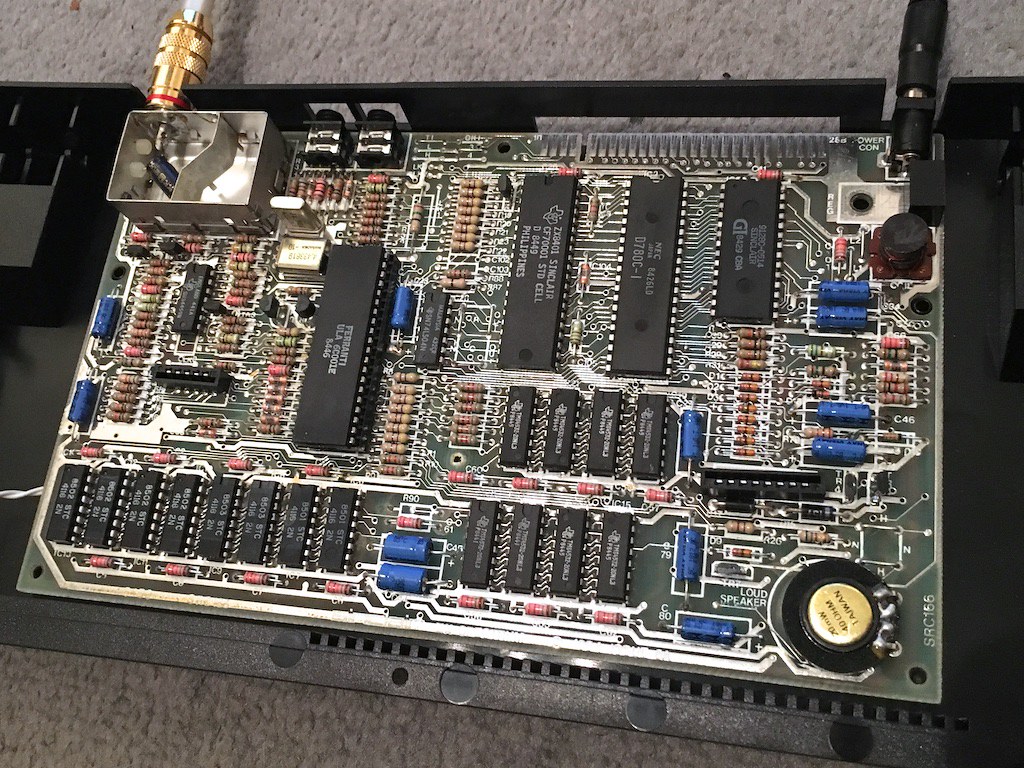QFT!It gave the right answers if you knew how to input the information correctly etc.
I remember buying his Scientific Calculator off of the Sunday Times in probably 1976 to use in my state examinations. Before that it was a standard tables book or slide rule. As said before he made the future available to lowlys like myself. A true entrepreneur who made a difference, RIP Clive.




